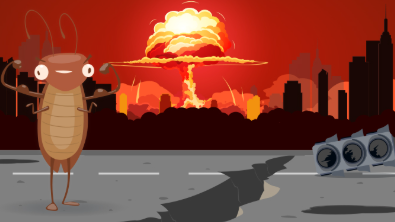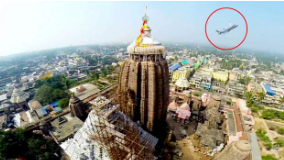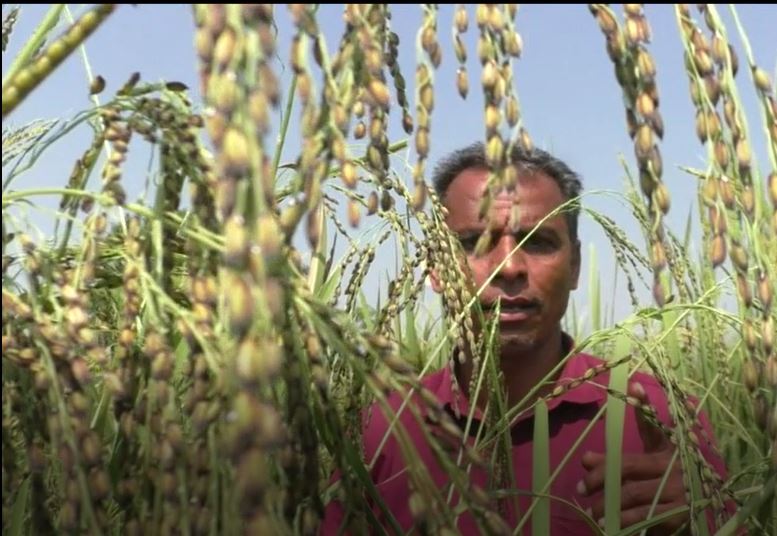Cockroaches: Nature's Ultimate Survivors
In the aftermath of a nuclear apocalypse, when cities crumble and landscapes are reduced to radioactive wastelands, one creature is predicted to scuttle through the devastation with remarkable indifference: the cockroach. These tiny, prehistoric survivors have earned a reputation that borders on legendary—an insect so resilient that it could potentially outlive humanity itself.
The Radiation Resistance Myth
The notion that cockroaches could survive a nuclear holocaust isn't just urban legend; it's rooted in fascinating scientific reality. While the image of cockroaches casually walking through nuclear fallout might seem like something out of a science fiction novel, their biological adaptations make them extraordinarily resistant to radiation.
Scientists have discovered that cockroaches possess a unique cellular structure that makes them far more tolerant to radiation compared to humans. Where human cells would be severely damaged by radiation exposure, cockroach cells demonstrate an impressive ability to withstand and repair radiation-induced cellular damage.
Biological Armor: How Cockroaches Survive Radiation
Unlike humans, cockroaches have a much simpler body composition and a significantly slower cell division rate. This biological characteristic is crucial in radiation resistance. When cells divide rapidly—as they do in human bodies—they become more vulnerable to radiation damage. Cockroaches, with their slower cellular metabolism, are less susceptible to these destructive effects.
Experiments have shown that cockroaches can survive radiation doses up to 10 times higher than what would be lethal to humans. During nuclear testing and studies, researchers found that these insects could endure radiation levels that would obliterate most other life forms.
Evolutionary Masterpiece: Millions of Years of Survival
Cockroaches aren't newcomers to survival. They've been navigating Earth's challenges for over 300 million years, predating dinosaurs and surviving multiple mass extinction events. This extensive evolutionary history has equipped them with an arsenal of survival mechanisms that go beyond radiation resistance.
Adaptability: The Ultimate Survival Skill
Their adaptability is perhaps their most powerful survival trait. Cockroaches can:
- Survive without food for a month
- Live without a head for up to a week
- Squeeze through spaces as thin as a quarter
- Withstand temperatures ranging from freezing to scorching
These abilities aren't just interesting trivia—they represent millions of years of evolutionary refinement designed for pure survival.
The Nuclear Scenario: More Than Just Radiation
While radiation resistance is impressive, cockroaches' survival potential in a nuclear holocaust extends beyond radiation tolerance. Their ability to thrive in diverse environments, consume almost anything, and reproduce rapidly makes them perfect candidates for post-apocalyptic survival.
Reproduction: A Key to Species Continuation
Female cockroaches can produce hundreds of offspring in their lifetime. In a scenario where most species face extinction, their rapid reproduction rate ensures genetic continuation. A single female could potentially restart the entire cockroach population after a nuclear event.
Scientific Perspective: Not Invincible, But Incredibly Resilient
It's crucial to understand that while cockroaches are extraordinarily resilient, they aren't completely invincible. Extreme radiation levels would eventually overwhelm even their robust systems. However, they would undoubtedly fare better than most complex life forms.
A Humbling Reminder
The cockroach's survival story is more than a fascinating biological curiosity. It's a humbling reminder of nature's incredible adaptability and the complex mechanisms that enable life to persist under the most challenging conditions.
Conclusion: Respect for the Tiny Survivors
As we contemplate human civilization's fragility, the humble cockroach stands as a testament to survival's most fundamental principles. In the face of potential nuclear devastation, these small, often-despised insects might just inherit the Earth—a stark reminder that survival isn't about size or complexity, but about adaptability and resilience.
The next time you see a cockroach scurrying across your floor, remember: you're looking at one of nature's most successful survival machines.



































